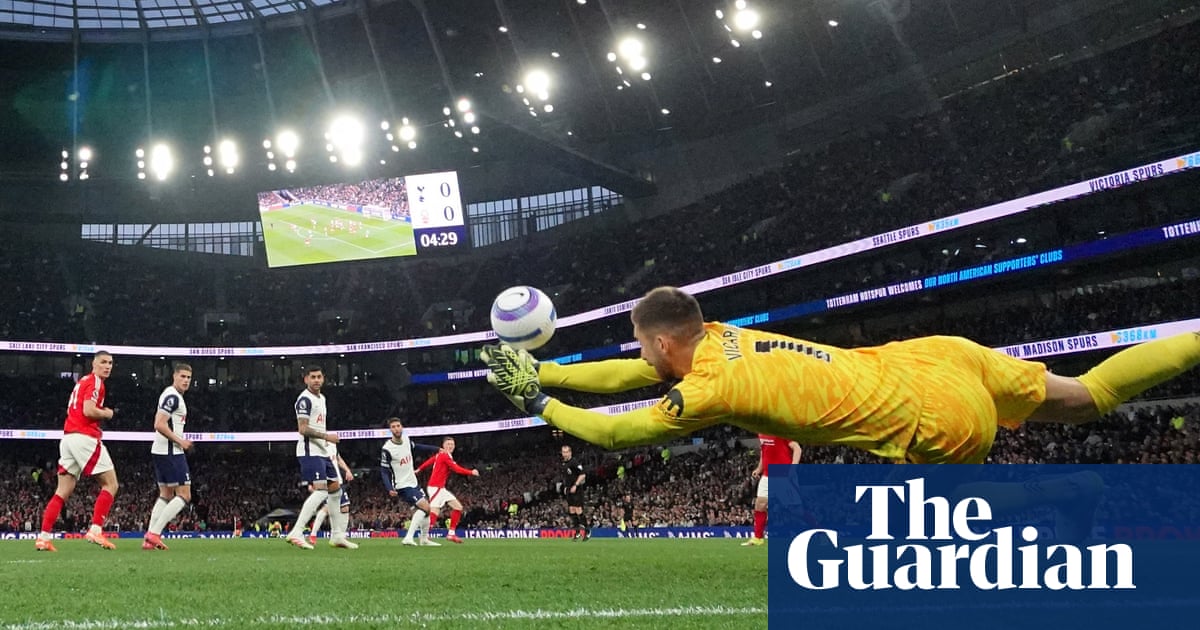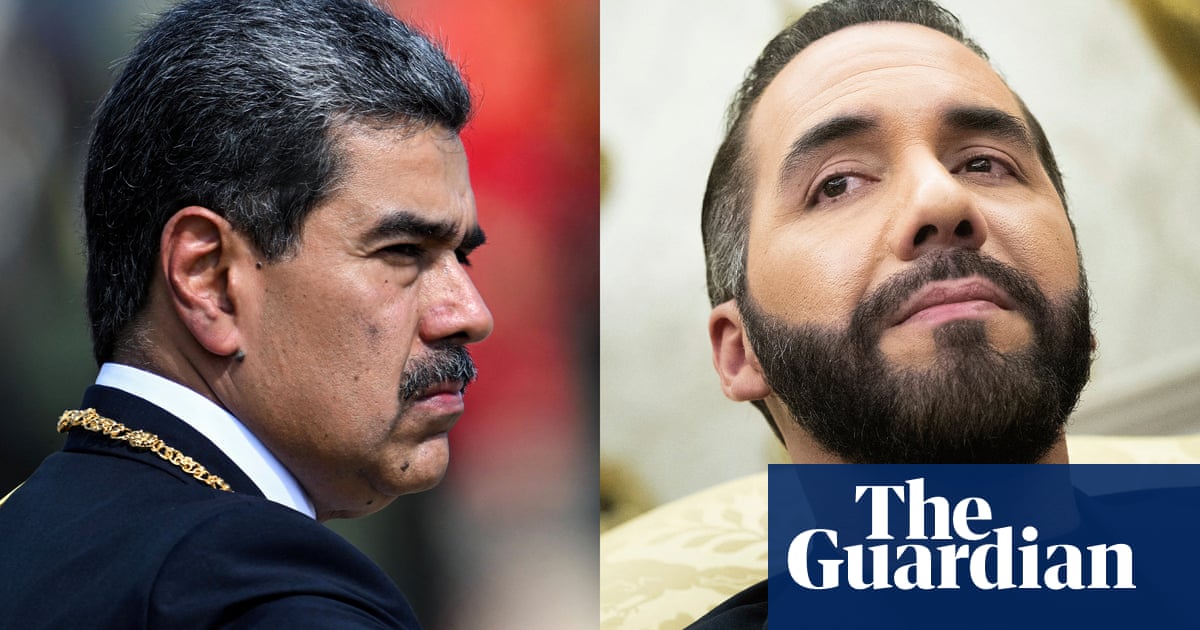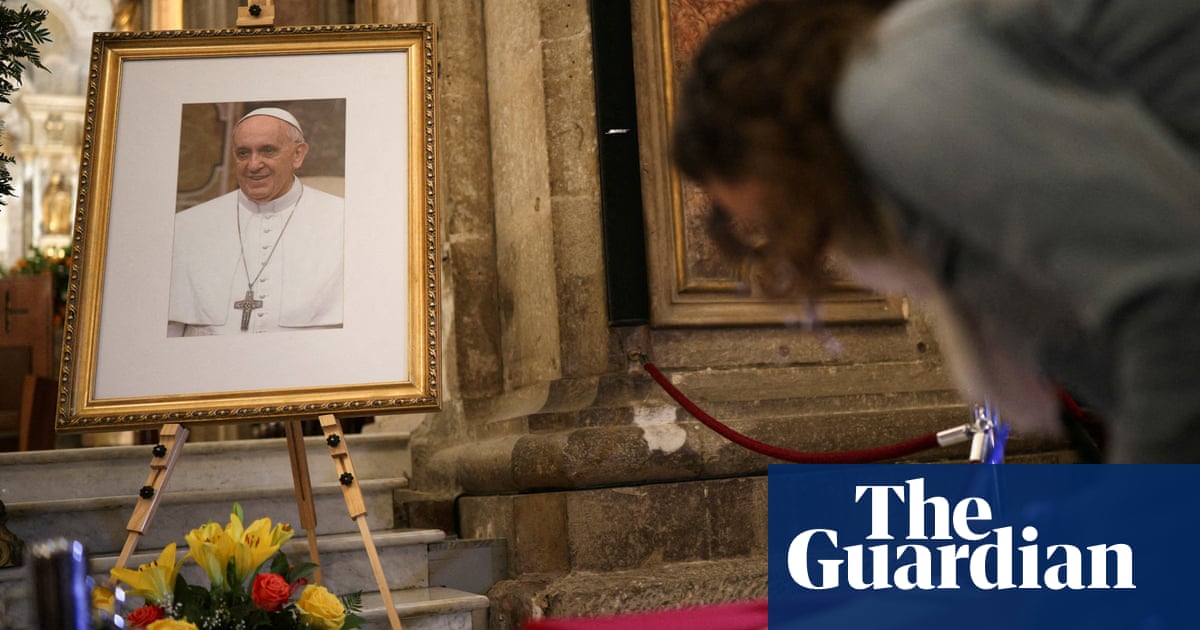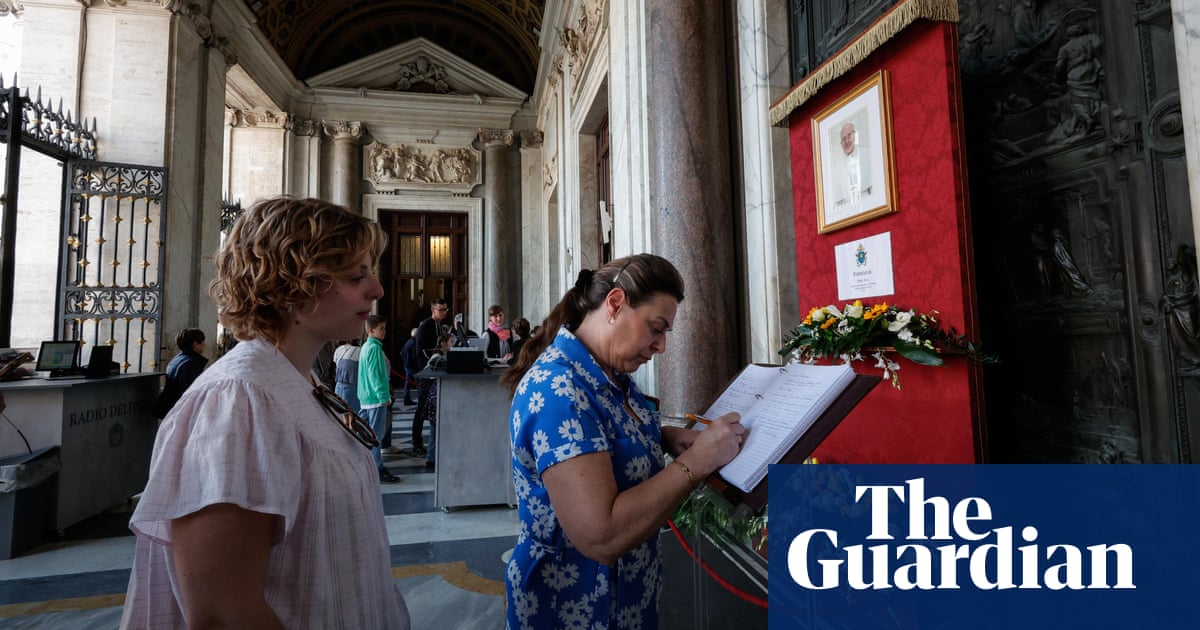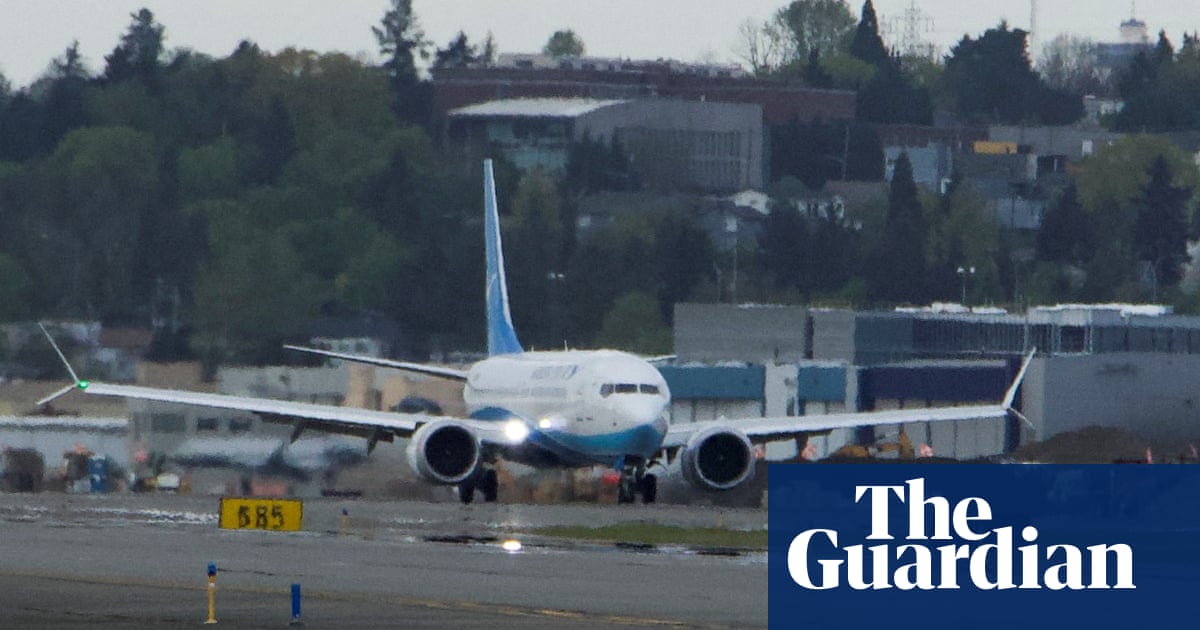Key events Show key events only Please turn on JavaScript to use this feature
News of the ceasefire and hostage release deal between Israel and Hamas has been greeted with joy by Palestinians but a more wary approach in Israel, where demonstrators both in favour and against the deal have taken to the streets, Bethan McKernan and Quique Kierszenbaum report.
Israel’s stated objectives in the 15-month war in Gaza, which was triggered by the Hamas attack of 7 October 2023, are to completely destroy the militant group and to bring the remaining 100 or so hostages home. For many, the compromises made this week in Qatar to get the deal over the line are seen as a betrayal, but for differing reasons.
At Hostage Square in Tel Aviv, a few hundred friends and relatives of the hostages met on Thursday night for a sombre gathering and music played by friends of 25-year-old Evyatar David, who was taken captive at the Nova music festival.
“It’s a mix of emotions,” said Matan Eshet, 27, David’s cousin. “Of course we are really glad that people are coming back home, but on the other hand, we don’t know their condition. And Evyatar is not on the first list. We are anxious because every day he stays there, he is in danger … There is still a lot that can go wrong.”
Meanwhile in Jerusalem, about 1,500 people protested against the deal outside prime minister Benjamin Netanyahu’s office, blocking a nearby highway, and were dispersed by police.

Many wore black, and had red paint on their hands, bearing placards saying: “A released prisoner today is a terrorist tomorrow,” and: “You have no mandate to surrender to Hamas.” Earlier in the day, about 40 coffins draped in Israeli flags were placed outside.
The major talking point was the same as at the pro-deal demonstration in Tel Aviv: that the agreement brokered this week could effectively abandon some of the hostages.
You can read the full story here:
The ceasefire agreement came despite an unexpected delay on Friday that had sparked fears that last-minute disagreements between Israel and Hamas might scuttle the deal, as Lorenzo Tondo and Bethan McKernan report.
Far-right members of Benjamin Netanyahu’s coalition government had threatened to vote against the deal or quit the government, potentially derailing months of work to end the conflict.
The government announced the approval after 1am Saturday, Jerusalem time, following a six-hour meeting of the full cabinet that went well past the beginning of the Jewish sabbath, a rare occurrence and a reflection of the moment’s importance.
Earlier on Friday, the Israeli president, Isaac Herzog, welcomed the security cabinet’s approval of the deal, saying: “This is a vital step on the path to upholding the basic commitment a nation has to its citizens.”
The full report is here:
Opening summary
Welcome to our live coverage of the Israel-Gaza war. It’s approaching 8am in Tel Aviv and Gaza City – here’s a snapshot of the latest news.
Israel’s cabinet approved a deal with Palestinian militant group Hamas for a ceasefire and the release of hostages in the Gaza Strip, Israeli prime minister Benjamin Netanyahu’s office said on Saturday.
The deal, scheduled to begin on Sunday, could pave the way for an end to the 15-month-old war in the Hamas-controlled Palestinian territory.
“The government has approved the hostage return plan,” Netanyahu’s office said in a statement.
Israel’s justice ministry said on Saturday that 737 prisoners and detainees would be freed as part of the agreement’s first phase. “The government approves” the “release (of) 737 prisoners and detainees” currently in the custody of the prison service, the ministry said in a statement.

In Gaza, Israeli warplanes have kept up heavy attacks since the ceasefire deal was agreed. Medics in Gaza said an Israeli airstrike early on Saturday killed five people in a tent in the Mawasi area west of Khan Younis in the territory’s south, bringing to 119 the number of Palestinians that authorities say have been killed by Israeli strikes since the deal was announced on Wednesday.
Expanding on those and other key developments:
-
Lead US negotiator Brett McGurk said after the Israeli cabinet approval that the plan was moving forward on track. The White House expected the ceasefire to start on Sunday morning, with three female hostages to be released to Israel on Sunday afternoon through the Red Cross.
-
Under the deal, the three-stage ceasefire starts with an initial six-week phase when hostages held by Hamas will be exchanged for prisoners detained by Israel. Thirty-three of the 98 remaining Israeli hostages, including women, children, and men over 50, were due to be freed in this phase. Israel will release all Palestinian women and children under 19 in Israeli jails by the end of the first phase.
-
The ceasefire deal was bitterly opposed by some hardliners in the Israeli cabinet, with media reports saying 24 ministers in Netanyahu’s coalition government voted in favour of the deal while eight opposed it. National security minister Itamar Ben-Gvir threatened to resign if it was approved but said he would not bring down the government. His fellow hardliner Bezalel Smotrich, the finance minister, also threatened to quit the government if it did not go back to war to defeat Hamas after the first six-week phase of the ceasefire. The Israeli high court is still scheduled to hear petitions against elements of the deal but it is widely expected not to intervene.
-
Negotiators from Egypt, Qatar, the US and Israel had agreed on “all necessary arrangements to implement” the truce agreement, Egyptian media reported. During Friday’s talks, which reportedly ended “on a positive note”, negotiators agreed to form a joint operations room in Cairo to “ensure effective coordination” and compliance with the truce terms, it said.
-
Under the first phase of the ceasefire deal, which is to last 42 days and take effect from Sunday, Hamas has agreed to release 33 hostages including children, women – including female soldiers – and those aged over 50. In exchange, Israel will release 50 Palestinian prisoners for every female Israeli soldier released by Hamas, and 30 for other female hostages. France’s president, Emmanuel Macron, said French-Israeli citizens Ofer Kalderon and Ohad Yahalomi were in the first group of hostages to be freed by Hamas.
-
Israel’s justice ministry released a list of 95 Palestinians held in Israeli prisoners to be freed in the first exchange, including 25 male prisoners, all under the age of 21, and 70 female prisoners. One of the most well-known individuals on the list is Palestinian parliament member and feminist lawmaker Khalida Jarrar.
-
At least 115 Palestinians have been killed in Gaza since the ceasefire deal was announced on Wednesday, the Palestinian health ministry said on Friday, while medics said another five were killed in an Israeli airstrike early on Saturday in the Mawasi area west of Khan Younis. Gaza’s health ministry said at least 46,876 people had been killed and 110,642 injured in more than 15 months of war between Israel and Hamas.

-
The Palestinian Authority is ready to assume “full responsibility” in postwar Gaza, president Mahmoud Abbas said in his first statement since the ceasefire deal was announced. This would include the return of displaced people, providing basic services, crossings management and reconstruction of the war-torn territory, a statement from the Palestinian presidency said.
-
The head of the UN’s agency for Palestinian refugees (Unrwa), Philippe Lazzarini, welcomed the ceasefire but warned that it was “only a starting point”. Lazzarini on Friday called for a “rapid, uninterrupted and unhindered” humanitarian access to the “tremendous suffering” in Gaza. He also noted that the Israeli Knesset’s legislation barring the UN agency would come into effect in less than two weeks, warning that it would be “catastrophic” for Gaza. UK lawmakers said the Israeli ban on Unrwa threatened to undermine efforts for peace in the Middle East.
-
UN secretary general António Guterres urged an end to Israel’s “continued occupation” and “military operations” in south Lebanon, after a November ceasefire to end fighting between Israel and militant group Hezbollah.

.png) 3 months ago
34
3 months ago
34


